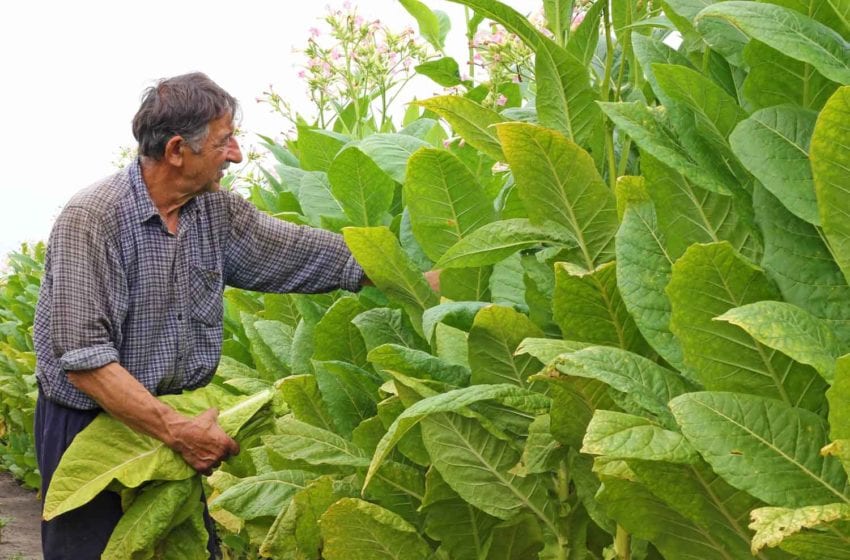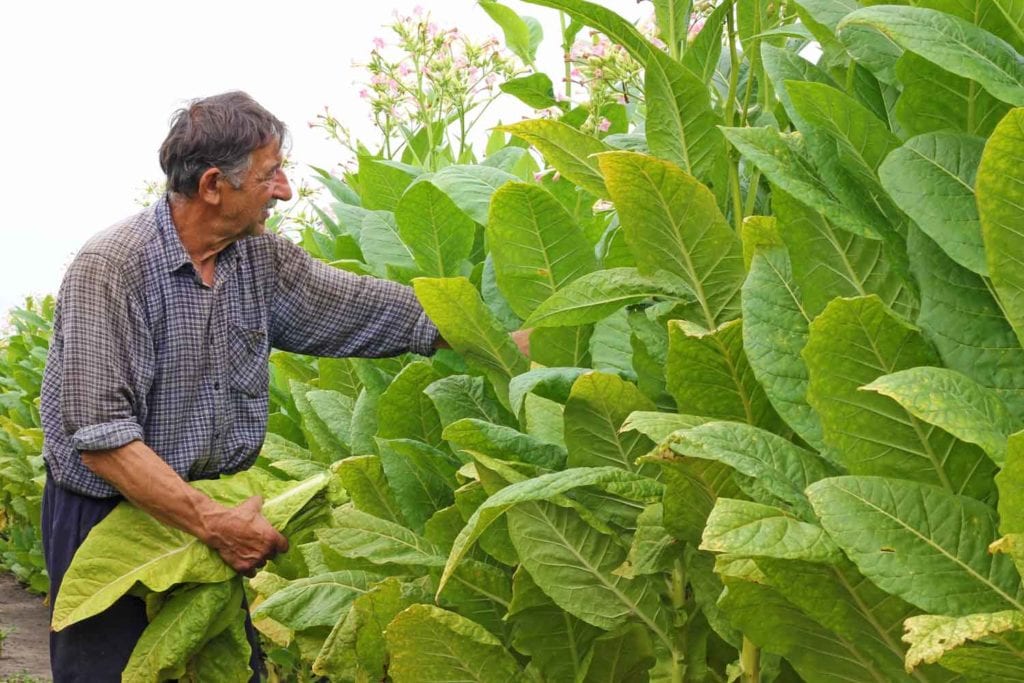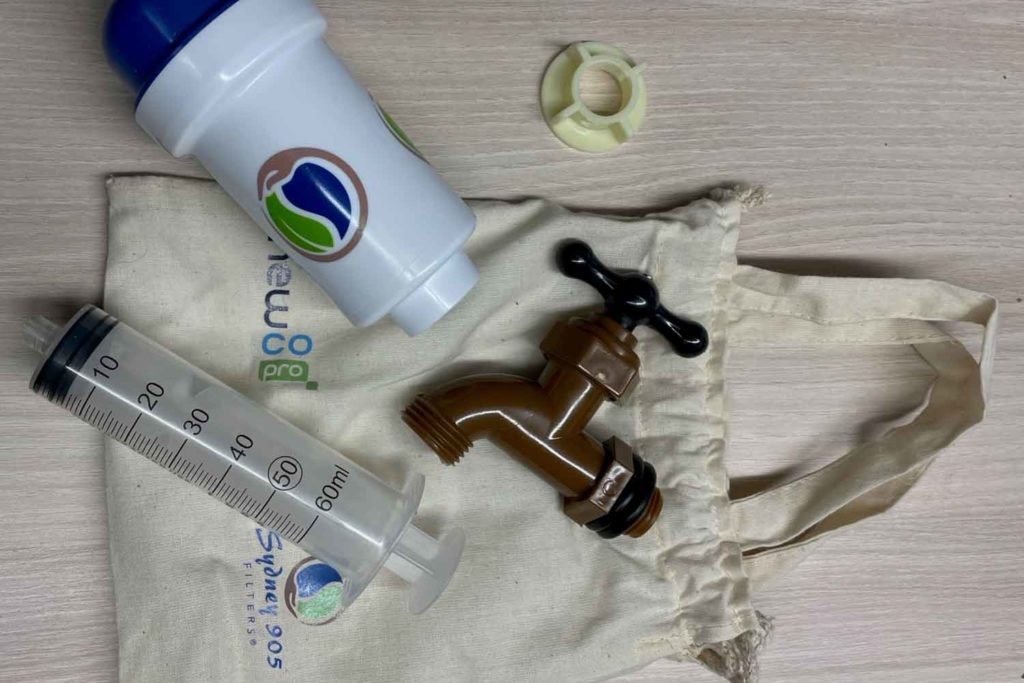Greening the Golden Leaf
- Leaf Print Edition Sustainability
- January 1, 2022
- 0
- 13 minutes read


Independent leaf merchants are working to improve the sustainability of tobacco cultivation.
By Stefanie Rossel
With only eight more years to go until most of the United Nations (U.N.) Sustainable Development Goals (SDGs) are to be achieved, sustainability is becoming ever more critical in the tobacco sector.
“In recent years, we have seen sustainability grow in importance to a point where it is addressed in almost all key internal and external engagements,” notes Mat Wilde, head of group sustainability at Contraf-Nicotex-Tobacco (CNT), a Germany-based company involved in the worldwide growing, sourcing, developing, processing, extracting and producing of leaf tobacco, nicotine and natural ingredients, among other agriculturally derived products.
Set up in 2015 by the U.N. General Assembly, the SDGs comprise 17 goals designed to be a “blueprint to achieve a better and more sustainable future for all.” Goals include the elimination of poverty and hunger, quality education, health and well-being, gender equality, clean water and sanitation as well as the reduction of inequality, responsible consumption and climate action.
While the leading international tobacco manufacturers in 2016 launched the Sustainable Tobacco Program (STP), an initiative that operates in more than 52 countries and gathers data on more than 180 suppliers of tobacco across 5 million smallholders, independent leaf merchants have also intensified their endeavors to support tobacco growers in their work toward more sustainable production.
“I have always supported the growers,” says Rick Smith, founder of Wilson, North Carolina, USA-based Independent Leaf Tobacco Co. “They must be made whole for the industry to thrive. I have stepped up my efforts recently, certainly on types in short supply.”
CNT works directly with its stakeholders on its sustainability efforts and supports its farmers in implementing best practices. “At the core of our approach with our farmers is our training program, where we aim to train growers on both the ‘why’ and the ‘how’ of sustainability topics,” says Wilde. “Understanding the context in each local operation, the root cause of prioritized issues and ensuring farmer financial sustainability is embedded within our programs. All are vital in working with our farmers to meet our common goals. Integrating key stakeholders, including farmers, farmer organizations, community, nongovernmental organizations and experts, within our projects and programs increases the impact and level of success.”

Creating Awareness
In a world characterized by declining smoking rates, sustainability includes ensuring financial viability for tobacco growers. For this reason, Norton Leaf Tobacco (NLT) of Zimbabwe educates its farmers on the need for diversification. “The government of Zimbabwe has introduced initiatives such as pfumvudza, a farming approach designed to maximize efficiency of labor and input resources,” explains NLT General Manager Alice Mukome Chiwanza. “NLT has field staff trained in the practice that ensures its farmers are able to increase both hectarage and yield of grains. Thus our officers are now training farmers to employ this method to encourage food security at [the] household level while assisting with the growing of the tobacco crop.”
While NewCo Global Tobacco Trade and Service does not interact directly with farmers (it buys from partners and other leaf merchants), sustainability plays a key role in all of the German company’s activities. In September 2021, the company established NewCo Pro Services and Trade to handle the group’s diversification efforts and nontobacco activities.
“This company’s main focus is to provide a proactive approach to global, social and environmental challenges as well as partner with entrepreneurs that have innovative solutions for a better future,” says Jose Maria Costa, senior executive advisor with NewCo Tobacco Services. “Through NewCo Pro Services and Trade, we are committed to doing our best efforts to make the United Nations Sustainable Development Goals a reality. As such, we are in the process to market Sydney 905 water filters globally. These filters have proved to be one of the most efficient ways to get safe water regardless of water source. By providing access to safe water, we eliminate the need to use charcoal, which in many parts of the world is used to boil the unsafe water.”
NewCo has also started replacing the plastic bags that are still used in the tobacco industry for tobacco samples with more environmentally friendly alternatives. “Most of the plastic bags that are used today for storing and shipping tobacco samples are not biodegradable and therefore they are not environmentally friendly. After several months of research and testing, we have placed our first order for the new bags, which are made out of potato starch and are 100 percent compostable and food-certified. Our plan is to contact all our suppliers, vendors and customers and offer them the possibility to make the same change NewCo has made and contribute to a world that is more sustainable.”

New EU Anti-Deforestation Law
Worldwide, regulatory pressure on tobacco and tobacco products continues to increase, also in terms of sustainability issues. On Nov. 17, 2021, the European Commission announced a plan to ban the sale of agricultural products raised on deforested and degraded lands. The move is an attempt to ensure forests around the world remain intact and continue to absorb carbon dioxide as they grow. According to the U.N., the world has lost 420 million hectares of forest in the past 30 years—an area larger than the EU. During the recent U.N. Climate Change Conference, more than 100 states pledged to end deforestation and land degradation by 2030. For the time being, the European Commission’s list targets soy, beef, palm oil, coffee, cocoa and wood; while tobacco is not part of the commodities mentioned, the draft leaves room for future amendments.
In a 2017 report on the environmental impact of tobacco, the World Health Organization expressed concern about the impact that leaf cultivation has had on forests since the mid-1970s. The health body estimates that 11.4 million tons of wood are required annually for tobacco curing. After processing, additional wood is needed for the production of cigarette and rolling papers as well as for packaging. As tobacco requires lots of nutrients, with soils being leached after two years to three years, land extension leads to further forest depletion.
Smith notes that regulation should strike a balance. “Any laws restricting free trade affect us all and are usually detrimental to the people they are intended to help,” he says.
“The tobacco industry needs to act responsibly to ensure that sustainability is at the center of all its activities,” Costa says. “From the farmers to the cigarette manufacturers, the entire value chain needs to protect all natural resources, including the forest.”

Comprehensive Measures
NLT is a member of the Sustainable Afforestation Association (SAA), a Zimbabwean nonprofit organization funded by tobacco merchants that was established in 2013 (also see “Taking Root“). “NLT has been a member since we started operations in 2018,” says Chiwanza.
The SAA aims to retain and grow existing indigenous commercial forests. One of the ways in which it has sought to do this is by entering into joint ventures with farmers in tobacco growing areas to set up eucalyptus plantations. Eucalyptus not only grows quickly but also provides good firewood.
“The bulk of Zimbabwe’s tobacco is grown by small-scale farmers who use wood-fired barns to cure their tobacco,” Chiwanza says. NLT also holds field days and workshops, encouraging farmers to grow trees and offering advice on best practices. SAA’s activities should help Zimbabwe remain compliant with anti-deforestation laws, such as the one pending in the EU.
Fighting deforestation has been a priority at CNT for years, Wilde emphasizes, primarily for flue-cured tobacco in origins that use fuel wood but also for other tobacco types—with deforestation linked to curing fuel, barn construction material and land clearance. “Addressing deforestation has been a focus prior to external regulation, with necessity of ensuring continuity of the industry in some locations being a key driver for change, along with meeting communities’ expectations of the business and ensuring our ‘social license to operate.’ Having a robust traceability system in place, connecting tobacco to its growing source, farmers and the activities carried out on farm is key for transparency and meeting increasing supply chain legislation—both for human rights and the environment.”
The company has identified high-risk origins within its supply chain and implemented systems aimed at mitigating deforestation. “The EU draft law on supply chain deforestation highlights the priority of this topic and reinforces the urgency of addressing these issues in high-risk origins, both as a company and as an industry,” says Wilde.
CNT’s reforestation efforts comprise education and awareness programs for its farmers, community and stakeholders. “Training farmers on legal requirements, conservation and reforestation practices, and listening to our stakeholders on localized issues helps to address deforestation and reforestation,” Wilde points out. “Training is supported by farmer monitoring by Extension staff, the results of which are analyzed to feed back into response projects and training cycles. We run various reforestation and carbon projects within our origins. Tailoring reforestation and conservation response programs to the local context and working with expert partners in addressing the local hurdles to success is core in our sustainability strategy.”
Spying Opportunity: Norton Has Great Expectations of Zimbabwe’s Tobacco Transformation Plan
In September 2021, Zimbabwe’s government approved the tobacco value chain transformation plan, which aims to transform the sector, currently valued at $1.2 billion, into a $5 billion industry by 2025. Launched by the Tobacco Industry and Marketing Board (TIMB), the initiative aims to turn the economy around through agriculture, boosting national income and foreign exchange to the levels from before Zimbabwe’s land reform program, which turned the industry from one dominated by large-scale commercial tobacco plantations to one characterized by smallholder production.
The plan calls for an increase of annual tobacco production from 200 million kg to 300 million kg, the exploration of alternative crops in anticipation of lower smoking rates and an increase in value addition and beneficiation from 1 percent of the tobacco crop to 30 percent.

Farmers have welcomed the initiative. “I believe this to be a great idea,” says Alice Mukome Chiwanza, general manager of Norton Leaf Tobacco (NLT), a local tobacco merchant. “Under the TIMB, Zimbabwe only exports at the very least semi-processed tobacco. Further beneficiation can be understood to mean [anything from] increasing the local production of regular—combustible—cigarettes to producing vaping devices. This will do wonders for the tobacco industry as it will mean employment, investments in the form of infrastructure, such as processing plants, and greater revenue as we will be exporting end products as opposed to raw materials that still need further processing.”
According to Chiwanza, this would also present a welcome opportunity for NLT to grow its sales to supply products, such as cut rag, to local cigarette manufacturers while eliminating shipping costs that have been a large deterrent in exporting. “It may also create the option of partnerships allowing companies such as ours to venture into new technology and therefore [new] markets. The ministry’s plans also include localization of tobacco financing, which should significantly reduce borrowing costs for companies such as NLT. Being a wholly Zimbabwean company, NLT is poised to grab any plans encouraging increased local involvement in the tobacco industry.” – S. R.

